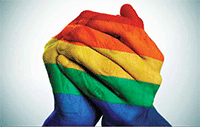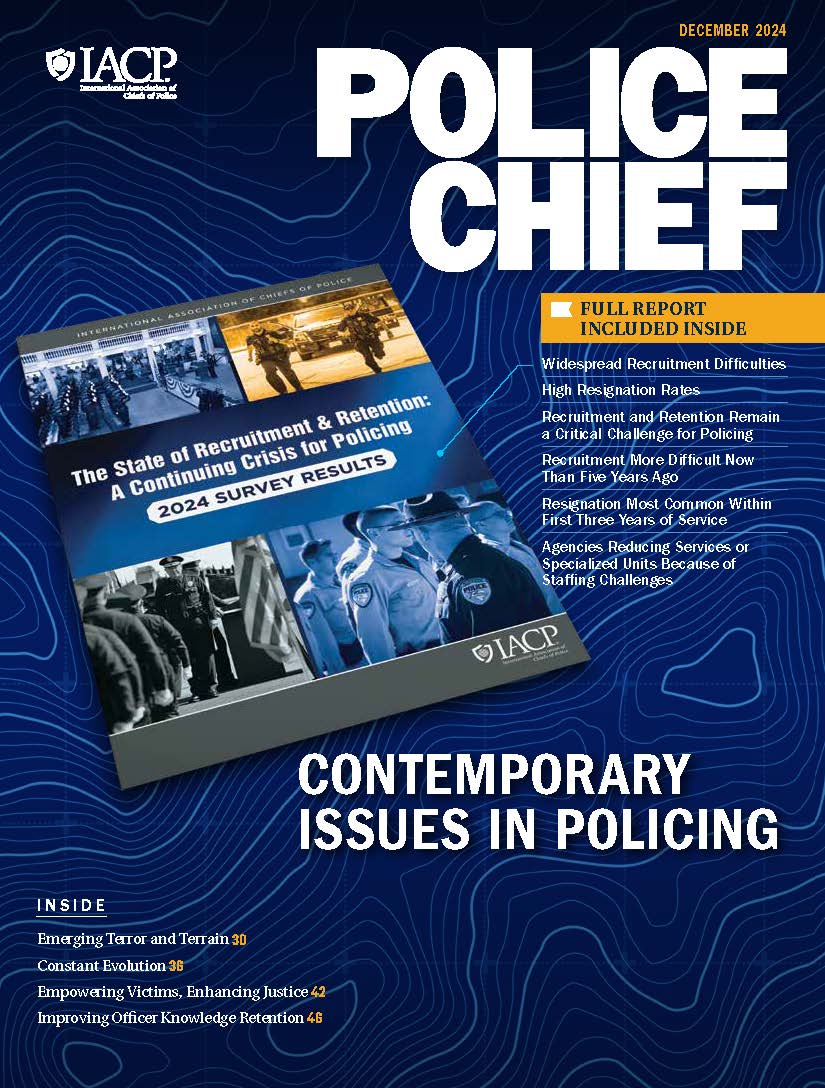
Most law enforcement professionals know that intimate partner violence (IPV) and sexual assault investigations can be the most challenging cases they will work during their careers. These cases often involve complex issues such as a lack of traditional physical evidence; intoxicated or impaired victims; and victims’ feelings of self-blame, shame, minimization, or embarrassment that they are in an abusive relationship or found themselves in this situation, in addition to the thought that they will not be believed by responding officers or the criminal justice system. Studies have shown these challenges exist to some degree in virtually all heterosexual IPV cases; however, these issues are also present in lesbian, gay, bisexual, transgender, queer, or questioning (LGBTQ) IPV cases. Although law enforcement has become better at recognizing, understanding, and prosecuting IPV in the heterosexual community, this is often not the case in the LGBTQ community.


